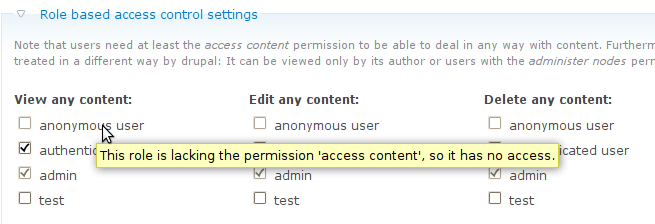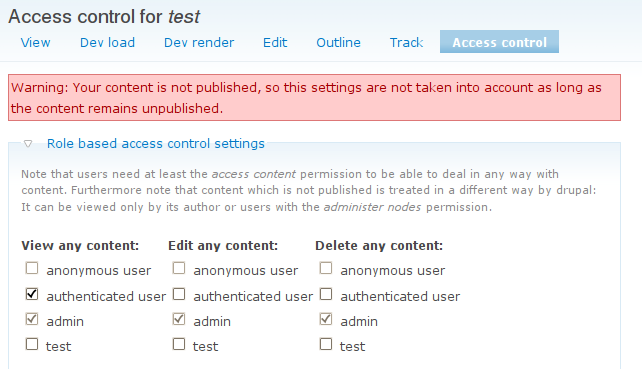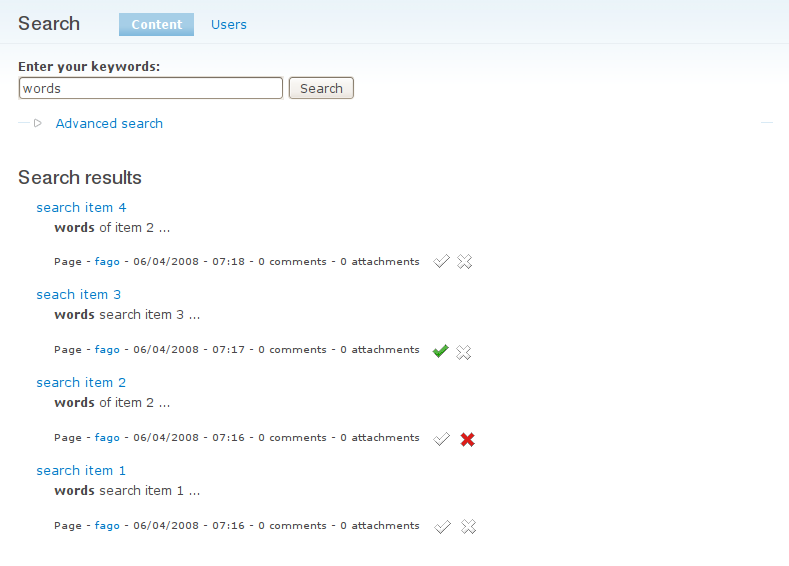Bringing rules to the next level!
While I've been working on the flag module's rules integration and getting the 1.0 release out, I've also fixed the details of my master thesis.
I am happy to announce to further enhance rules during my thesis. The main feature I'm going to work on is allowing rules to work with remote sites and content. I'm going build client and server-side web service support, so that several drupal sites can talk to each other. Furthermore I'm going to make it possible to invoke arbitrary SOAP-based web-services out there, maybe also others. Perhaps the right way to do achieve that might be doing rules integration for the service module. You want to invoke a web-service? - Just use the action for it. You want to create a web-service? - Just build a rule set.
Apart from that I'm going to build a readable rule export for documentation purposes, work out a basic publishing workflow and research some semantic web research capabilities. Actually I'm thinking about integrating with the RDF-API to get some meta-data about drupal objects, which is important to have in place when dealing with remote content steming from other drupal sites.
 Another example: If you set access control permissions for a certain content node, which is unpublished, drupal won't take your settings into account as it treats unpublished nodes in a special way. So content access warns you:
Another example: If you set access control permissions for a certain content node, which is unpublished, drupal won't take your settings into account as it treats unpublished nodes in a special way. So content access warns you:
 Then if you use the "per content node" settings, it's now possible to reset the permissions of a content node back to the content type defaults.
Apart from that there were a bunch of
Then if you use the "per content node" settings, it's now possible to reset the permissions of a content node back to the content type defaults.
Apart from that there were a bunch of  You can test the system at the
You can test the system at the